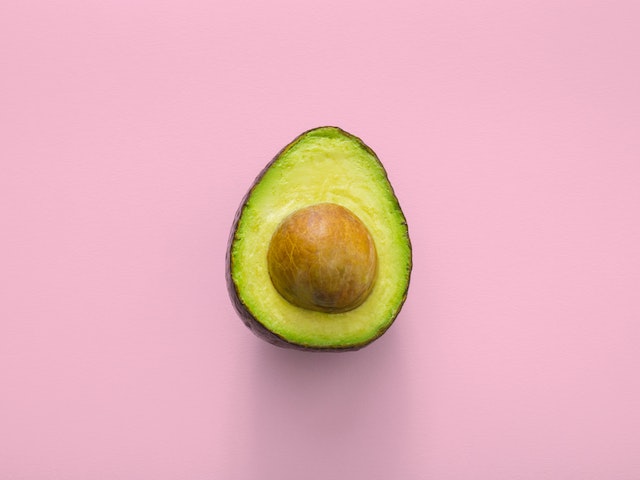By Dr. Vincent Apicella
Dietary fat has long been a topic of debate among health professionals and the general public. Some people believe that fat is a friend that is necessary for a healthy diet, while others see it as a foe that should be avoided at all costs. So, is dietary fat a friend or a foe? Let’s take a closer look.
First, it’s important to understand that dietary fat is essential for our health. Fat provides energy, helps with the absorption of vitamins and minerals, and is essential for the production of hormones. However, not all fats are created equal. There are different types of dietary fats, including saturated, unsaturated, and trans fats.
Without a doubt, trans fats increase your risk for cardiovascular disease and should be avoided entirely. Trans fats are found in foods such as margarine, fried foods, and processed meat and baked goods. It is important to note that olive oil, a healthy unsaturated fat, when heated will denature into a trans fat due to its low smoke point. This oil should not be used for cooking but is certainly beneficial to use at room temperature over salads and vegetables.
Saturated fats are found in foods such as butter, cheese, red meat, and coconut oil. Over consumption of saturated fat is known to increase levels of “bad” cholesterol (LDL) in the blood and increase your risk of vascular disease. This does not mean that all saturated fat is bad. Keeping your intake to less than 10% of your total calorie intake, approximately 20g daily, has been shown to be an acceptable part of a healthy food pattern. Of course, those with existing heart disease or high cholesterol, should strive for an even lower saturated fat intake. Your existing health and level of systemic inflammation can determine how much saturated fat is right for you.

Unsaturated fats, generally considered as “healthy fats”, are found in foods such as nuts, seeds, avocados, and fatty fish. They are generally liquid at room temperature and have been associated with many health benefits. Unsaturated fats can be further divided into two types: monounsaturated and polyunsaturated. Monounsaturated fats are found in foods such as olive oil, while polyunsaturated fats are found in foods such as salmon, sardines, and flaxseeds. Polyunsaturated fats include Omega 3 and 6 fatty acids. It is especially important to have a balance of these fatty acids, leaning toward higher amounts of Omega 3 intake.
So, what does this mean for your diet? Essentially, eating a low fat diet that replaces fat with refined carbohydrates and processed foods will not improve your health. Likewise, eating a high fat diet rich in processed meat and unhealthy oils increases inflammation and chronic disease. Therefore, dietary fat can be both a friend and a foe depending on the type of fat you consume. The key is to focus on consuming healthy fats while limiting unhealthy fats. Healthy fats include olive oil, avocados, salmon, and walnuts. Even lean meat and eggs in moderation are acceptable. Avoidance of unhealthy fats such as fast food, fatty red meat, and processed foods are essential for healthy living and prevention of cardiovascular disease. As always, it’s important to speak with a healthcare professional before making any significant changes to your diet.
Stay healthy and thrive with kindness and purpose.

